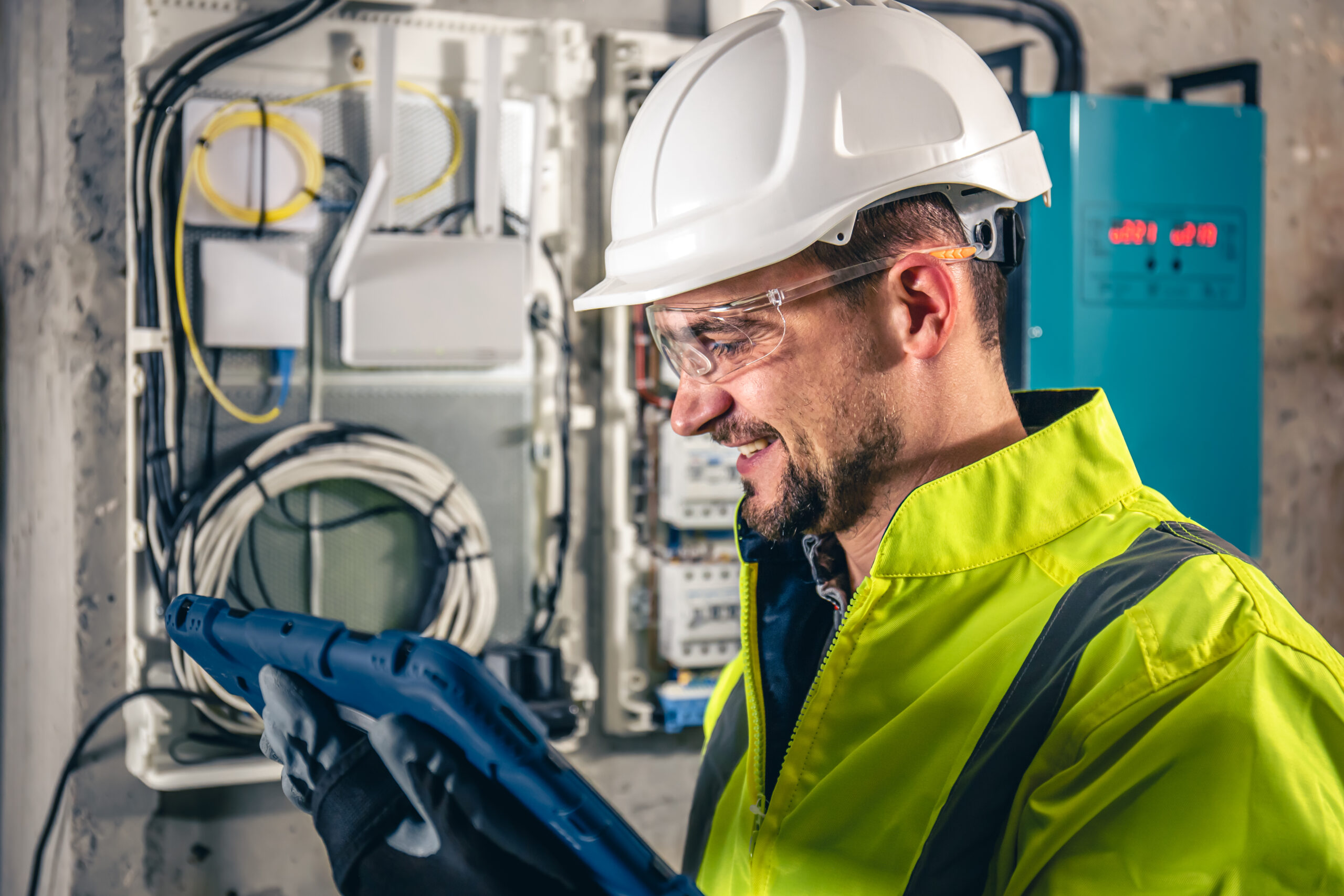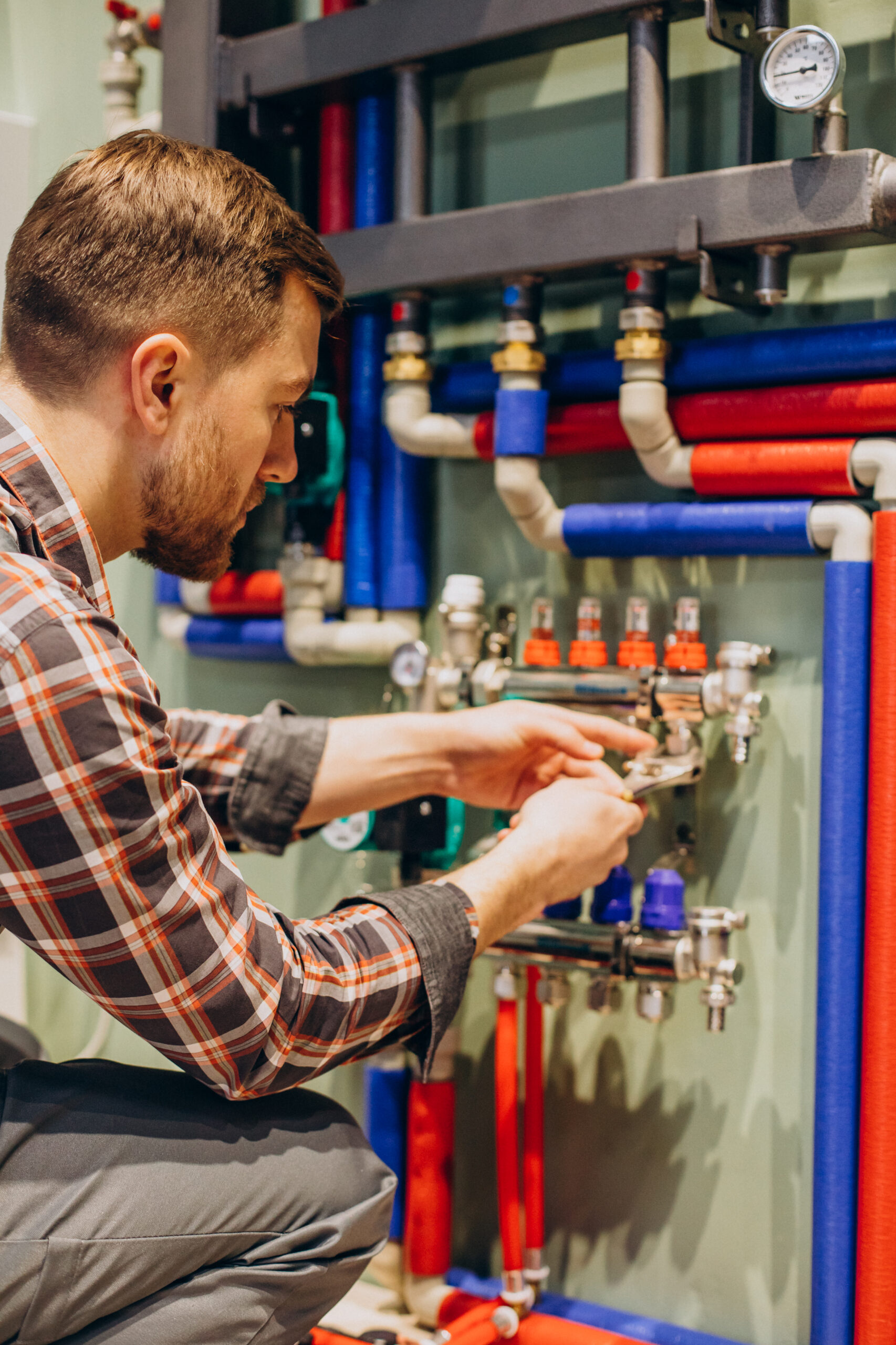How can you prevent your pets from getting electrical shocks at home?

How To Choose The Right Water Treatment System For Your Home
May 11, 2023Pets love chewing things around the house and fiddling with whatever they can, but as a pet parent, you must make sure that your pet does not chew on live chords and get electrocuted. Pets are often smart when it comes to reflexes, but they cannot analyse the danger until they experience it, and you would not want your pet to find out how dangerous an electric shock is. To make sure your home is safe, get in touch with an electrical and plumbing service in your area to help you better set up a safer environment for your pets.
You cannot make your pet understand why electricity or electronic devices are dangerous, but what you can do is take precautions to avoid such situations and keep your furry friends safe. Here are four safety measures to take for the safety of your pets.
Store electronic cords away
Cats and dogs love to chew on electric cables and chords. Train your pet to understand that chewing on cables is something they shouldn’t be doing. The next step would be to store them in a place where they cannot easily reach them or find them, or simply put them in cable protectors to make chewing difficult. You can also try using the pet-safe coating on the cables and cords, which makes them taste bitter and would eventually help them drop the habit completely. Good electrical and plumbing service providers can help you fix faulty and defective power outlets so that sparks and short circuits can be avoided.Handle electronics carefully
While handling electronics, make sure that you plug everything all the way into the socket, as loose or exposed prongs can give harmful electric shocks when touched. Once you’re done using an electric appliance, remember to unplug it from the socket and store it safely. If your pet is super active and there are chances of tugging and pulling on the chords, make sure to train them.Store Away Heating Devices
Appliances that provide heating & cooling services are prone to fire hazards; make sure to unplug them as soon as you’re done using them. Remember to put them away in a place far from flammable objects and water. Make sure that the appliance cannot be knocked down or reached by your pet. Ask your electrician to install outlets that are equipped with a ground-fault circuit interrupter that stops the flow of current when a problem is detected.Keep your pets tied during electric work
It is natural for your pets to get curious during electrical work at your house and be nosy. Be sure to keep them away from the room where the electrical work is being done so that they don’t encounter any live wires or tools. If your pet gets anxious when tied, try keeping them in another room or putting them in their cage so that they don’t disrupt the work or harm themselves.Avoid the use of extension cords
Extension cords with their exposed long wiring are particularly enticing for young pets to chew on out of curiosity. Pets, particularly kittens and puppies, are more likely to chew on extension cords, which can be very dangerous for them as it may cause electrical burns, mouth injuries, and even electrocution. Another major concern is that pets get easily tangled in the cords, which may lead to injuries and even strangulation.Be Prepared
Taking preventive measures for your pets is crucial to ensuring a safe environment for them even when you’re not home. Give your pets proper training, supervise their activities, and use pet-friendly electrical devices. Even if you take all preventive measures, you must always be prepared for the inevitable and have your veterinarian and electrical and plumbing service providers on speed dial. If your pet has experienced an electric shock or anything similar, make sure to be quick and check for any burn marks on their body, difficulty breathing, or excessive drooling. Apply a cold compress to the burned area and rush to your nearest veterinarian immediately. For any electrical and plumbing service, you can contact Ballarat Emergency Plumbing & Electricity. We offer same-day emergency plumbing services along with heating & cooling services to help you take better precautions.Related posts
August 28, 2023



